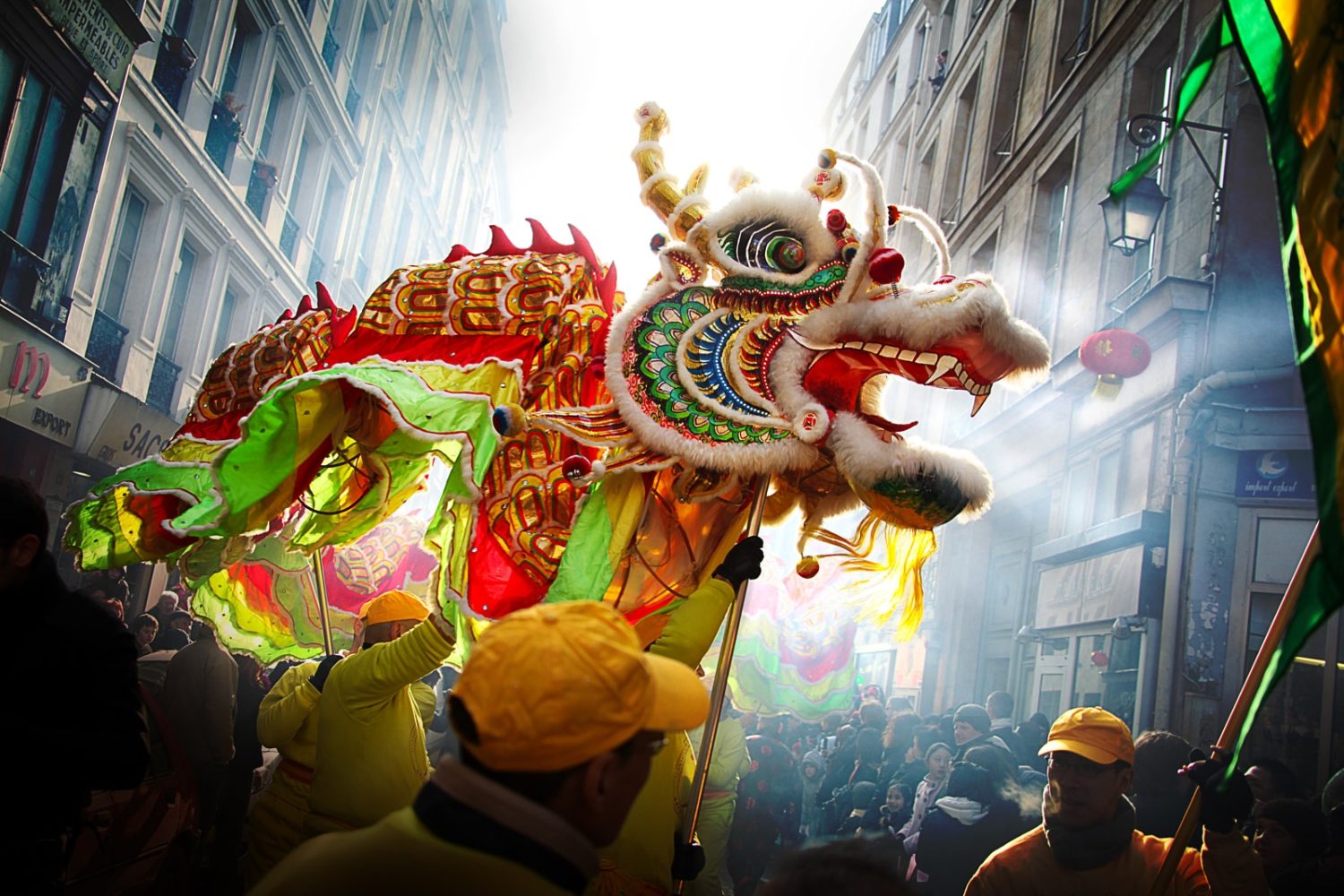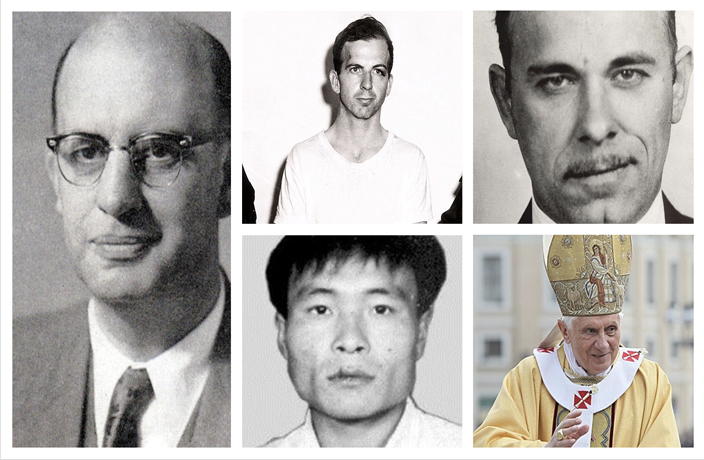By Celine Song and Ned Kelly
From Old Shanghai and the Concession Era to Reform and Opening Up, via the Japanese Occupation, Civil War, birth of the People's Republic, Great Leap Forward and Cultural Revolution, Lao Shanghairen was a series where we talk to ordinary citizens who lived through extraordinary times.
At the time of this 2011 interview, Qian Yaqin was 85 years old.
Qian Yaqin was born in 1926 on Zhoushan Islands in Hangzhou Bay.
“Things in my hometown were really bad during the Japanese occupation,” she says. “Girls dared not hang their clothes in the yard - if they were seen by the Japanese soldiers, they would force their way into the house and rape you.
"They would suddenly appear in your room and yell ‘Hua gu niang!’ (flowery virgin), one of the few Chinese phrases they knew. Quite a few of my classmates got raped. I was scared to death.”
Qian first came to Shanghai in 1946 to prepare her dowry, the Chinese tradition being that the wife brought a pre-agreed amount of possessions with her when she joined her new family.
“I carried 400,000 banknotes for the purpose due to the rampant inflation at the time. Many American warships were in port. I remember their soldiers drove extremely fast on the street. They just ignored any rules here.”
Her hometown was still not liberated when the PRC was founded in 1949.
“Then one day in 1950 the remains of Kuomintang decided to give up, but the PLA had not yet arrived, so there was a rare three days when we had no troops around us, and no government taking charge of us.”
Qian’s husband was an accountant at a hospital in Shanghai. In 1953 she and their three children moved here with to join him. She began working in the same hospital.
“Both my husband and I were ‘outstanding workers.’ Out of 160 people in the hospital, only ten were selected for this honor. We each wore a big red flower on the chest when it was announced.”
It was an honor that may have saved them as the Great Leap Forward took its toll.
“During the ‘three years of natural calamities’ people were really suffering, starving to death. Luckily for us, as outstanding workers we were better provided for than others.”
They were not as fortunate a few years later.
“The years during the Cultural Revolution were really miserable for our family. My three kids wasted ten of their golden years. My eldest girl had just graduated from high school when it began in 1966. She even had the form for college filled out. It came all too suddenly.
“Instead of college she was sent to a village in Anhui and had to stay there laboring under extremely tough conditions for years. For a whole day’s labor, they only got 4 fen [one hundredth of an RMB].
"The water they drank was from a well and it was shared by the cattle. It was really muddy and they had to put alums in it before drinking. There were so many fleas that you could see them jumping on the ground. She had flea bites all over her body.
“It was said that people working hard enough could be transferred to the factories, but she never got the chance - those went to people who had access to the backdoors.
"Finally she got an infected kidney and was allowed to come back to Shanghai to get proper medical treatment. The village was so poor that when the villagers transporting her back and saw Shanghai they said, ‘We’d rather die here that than live back at home.’”
For others sent to the village, it proved to be a death sentence.
“The daughter of a good friend of mine died of who-knows-what while laboring there. It was so wretched, even on her deathbed she was still wishing that she could get her hukou back to Shanghai.”
Qian’s son was graduating from junior middle school in 1966.
“He was sent to work in a factory. Finally, after Opening Up, he passed the exam to get into Tongji University, studying constructing.
"It was a correspondence course, which means he kept his job at the same time - only those who were extremely self-disciplined could make it to the end. I remember him leaning over his books, arms on the table, sweat dripping off him even though the fan was right beside him. It went on for five and a half years.”
When it comes to modern society, Qian has a thing or two to say.
“Chinese people today are just too lazy. Life is abundant now so all they care about is being entertained. This is very dangerous. Once upon a time invaders called China ‘The sick man of East Asia.’ Look at the young people today. They are often so thin and so weak and they know nothing except for consuming.”
Inflation is another gripe.
“Things are so expensive nowadays. Medicine costs even more than meals. They charge you over RMB800 in some hospital just for the registration, and if you need examinations you have to pay more.”
Crime is also something that concerns Qian.
“In the old times you would only occasionally hear of a murder and it would be a big event, but now there are just so many crimes being reported. And the ways people are killed is so gruesome. Modern people are not very balanced mentally.”
Qian’s list of grievances with things today goes on… “Chinese love Mahjong too much. It’s shameful.”
And on… “What I don’t like about young people the most is that they don’t respect other people as they are supposed to.”
And on… “And some people are too open with clothing nowadays. I can’t accept that.”
This article first appeared in the November 2011 issue of That's Shanghai.






















0 User Comments